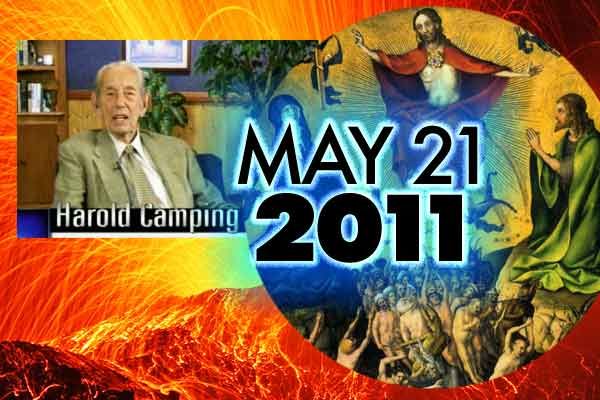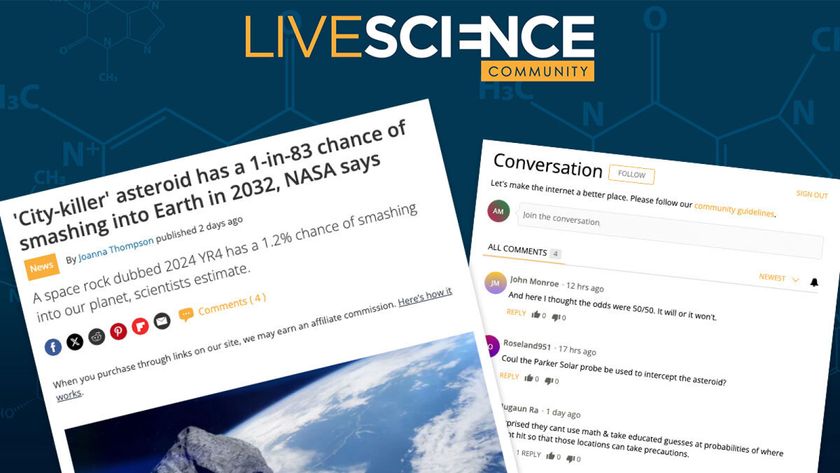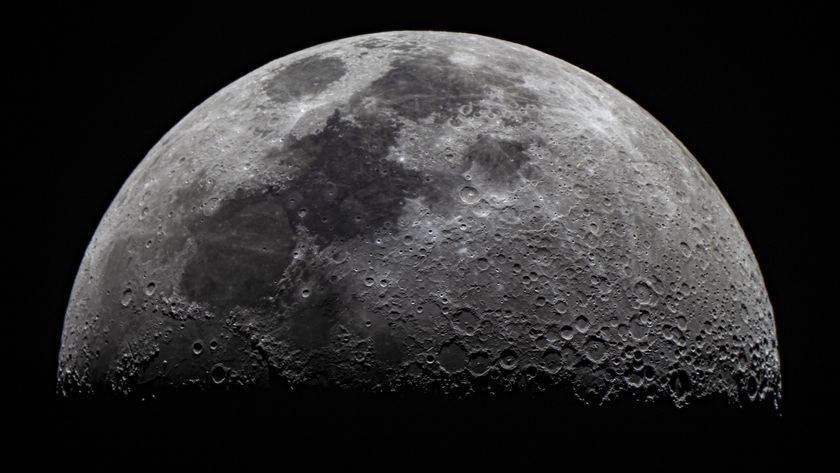No Rapture, No Judgment: May 21 Doomsday Prediction Fails

Are you relieved or disappointed? Doomsday came and went without a peep, as May 21 failed to bring about earthquakes, a rapture or the mass excavation of all the world's dead.
The rumor that May 21 would kick off the end of the world was started and propagated by Harold Camping, the president of the Oakland, Calif.-based Christian radio broadcasting network Family Radio. Camping, who also made a failed doomsday prediction in 1994, had claimed that his mathematical interpretation of the Bible pointed to May 21 as the day of the rapture. Earthquakes were supposed to shake the globe, throwing the dead from their graves as believers' souls ascended to heaven. Five months later, on Oct. 21, 2011, the universe was supposed to end.
Camping has not commented publically on the failed prediction.
Camping is far from the first doomsayer to falsely predict the end of the world. In fact, doomsday experts say that a belief in the end is comforting to some people who see the world as irredeemably evil.
Even centuries of failed predictions can't convince believers that the end is not near, according to Lorenzo DiTommaso, a religion professor at Concordia University in Montreal. Religious doom predictors see their sacred texts as infallible, DiTommaso said, so any failed predictions are mistakes of interpretation — and the next interpretation could always be right.
So gear up for 2012, everyone. We heard the Mayan calendar is ending, and it's sure to be a wild ride.
You can follow LiveScience senior writer Stephanie Pappas on Twitter @sipappas. Follow LiveScience for the latest in science news and discoveries on Twitter @livescience and on Facebook.
Sign up for the Live Science daily newsletter now
Get the world’s most fascinating discoveries delivered straight to your inbox.

Stephanie Pappas is a contributing writer for Live Science, covering topics ranging from geoscience to archaeology to the human brain and behavior. She was previously a senior writer for Live Science but is now a freelancer based in Denver, Colorado, and regularly contributes to Scientific American and The Monitor, the monthly magazine of the American Psychological Association. Stephanie received a bachelor's degree in psychology from the University of South Carolina and a graduate certificate in science communication from the University of California, Santa Cruz.


